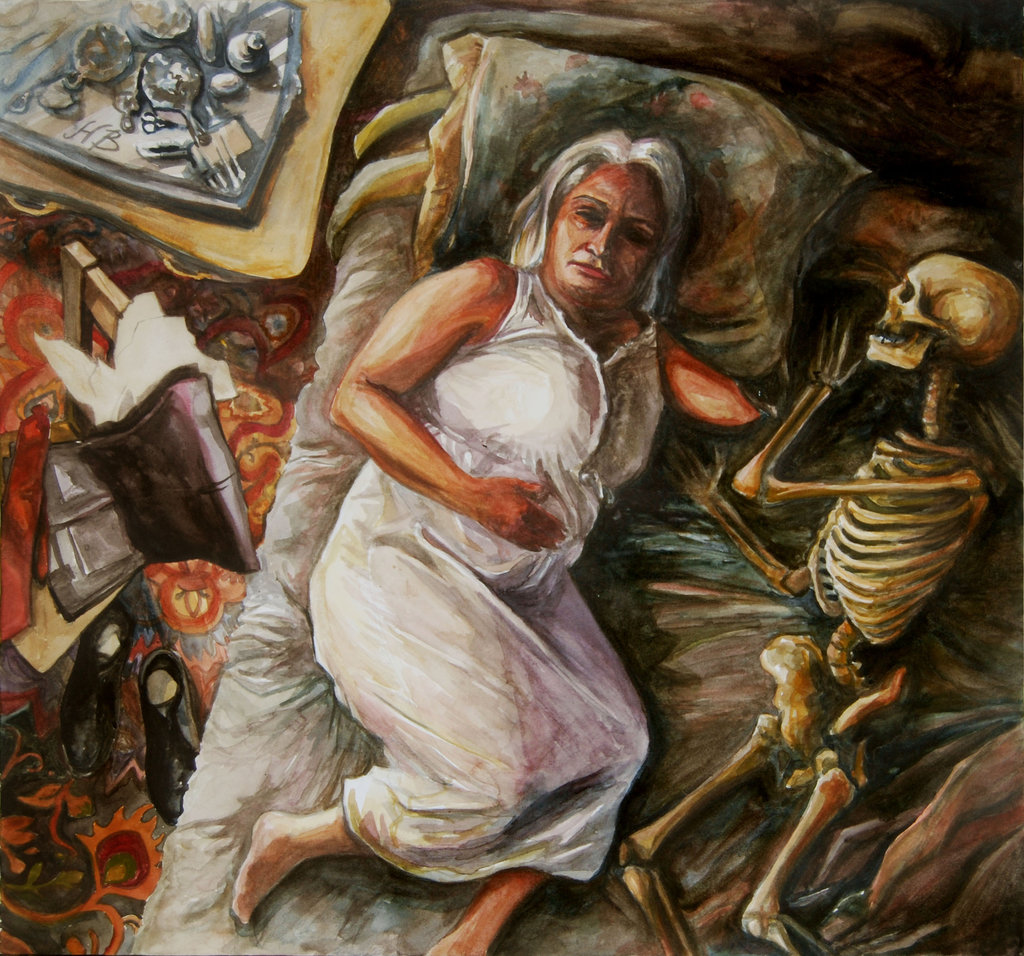How do I get rid of Mal de debarquement?
How do I get rid of Mal de debarquement?
How Is It Treated? Currently, there is no single highly successful treatment approach for mal de debarquement. Standard drugs prescribed for motion sickness (including meclizine and scopolamine patches) are usually ineffective in stopping or even decreasing the symptoms.
Does Dramamine help with mal de debarquement?
Conventional vestibular suppressants that affect anticholinergic pathways such as meclizine and transdermal scopolamine are not helpful in MdDS. (Hain, Hanna et al. 1999) I.e, antivert (bonine, meclizine), dramamine, and scopolamine seem to be of little use.
Is MDDS neurological?
Introduction: Mal de Debarquement Syndrome (MdDS) is a neurological disorder which affects the vestibular system pathways, manifesting as a constant sensation of movement in the form of rocking, bobbing, or swaying.
Can antidepressants stop dizziness?
Conclusions Treatment with SSRIs relieved dizziness in patients with major or minor psychiatric symptoms, including those with peripheral vestibular conditions and migraine headaches. Patients fared far better with SSRI treatment than with treatment with vestibular suppressants or benzodiazepines.
Does MdDS ever go away?
MdDS sometimes disappears on its own, but it can come back. “However, if the symptoms last about six months, the chances of an eventual remission becomes lower and lower,” Cha says.
Is MdDS serious?
Mal de Debarquement Syndrome (MdDS) occurs only in a small fraction of those who experience Mal de Debarquement, and has been classified as a rare, disabling disease by the National Institutes of Health (NIH).
Can anxiety cause MdDS?
In addition, individuals with MdDS have high comorbidities with migraine, increased visual sensitivity, and mood disorders, e.g., depression and anxiety (1, 2). The association with stress should also be further investigated, since it is known that stress can exacerbate MdDS symptoms (18).
How rare is MdDS?
As of 2019, we had encountered 258 MdDS patients in our dizzy clinic database out of an “n” of about 25,000 patients with assigned diagnoses. This suggests that only roughly 1/100 dizzy patients have MdDS.
How do I stop dizziness from antidepressants?
Dizziness
- Rise slowly from sitting to standing positions.
- Use handrails, canes or other sturdy items for support.
- Avoid driving or operating machinery.
- Avoid caffeine, tobacco and alcohol.
- Drink plenty of fluids.
- Take your antidepressant at bedtime if your doctor approves.
Is MdDS permanent?
However, in MDD, significant balance impairment can persist for months to years. Symptoms may diminish in time or may reappear spontaneously or after another exposure. The most common triggers are water-based activities such as ocean cruising.
Can mal de debarquement come and go?
However, in MDD, significant balance impairment can persist for months to years. Symptoms may diminish in time or may reappear spontaneously or after another exposure.
What does mal de debarquement syndrome stand for?
Mal de debarquement (or mal de débarquement) syndrome (MdDS, or common name disembarkment syndrome) is a neurological condition usually occurring after a cruise, aircraft flight, or other sustained motion event. The phrase “mal de débarquement” is French and translates to “illness of disembarkation”.
Are there any medications that work for mal de debarquement syndrome?
Treatment options for mal de debarquement syndrome (MdDS) are limited. [3] [4] [5] [6] Most drugs that work for other forms of dizziness do not work for MdDS. On some cases, medications classified as vestibular suppressants, such as anti-depressants and anti- seizure medications, may be used. [2]
Why do I feel like I have Mal debarquement?
For patients with persistent Mal de Débarquement, that feeling is part of daily life. It is caused by exposure to an unfamiliar movement and then the removal of that movement, like after sea travel. Unlike some vestibular disorders, it is thought that the problem is not in the inner ear but rather in the brain.
